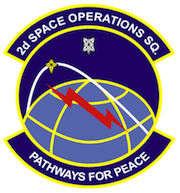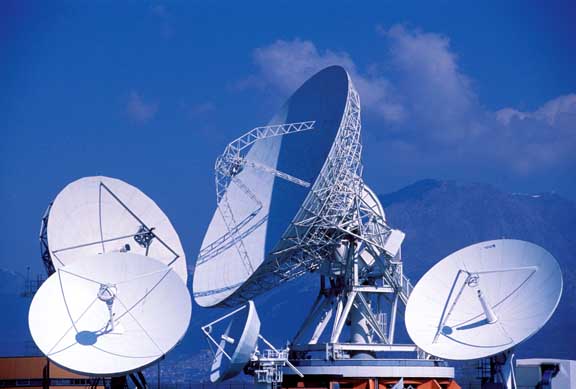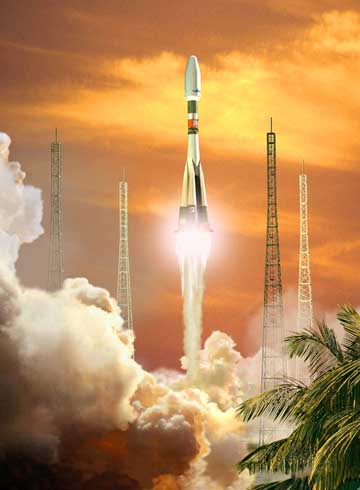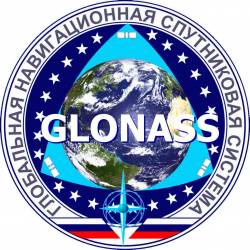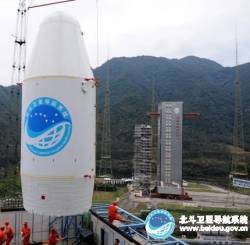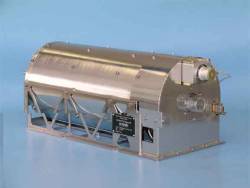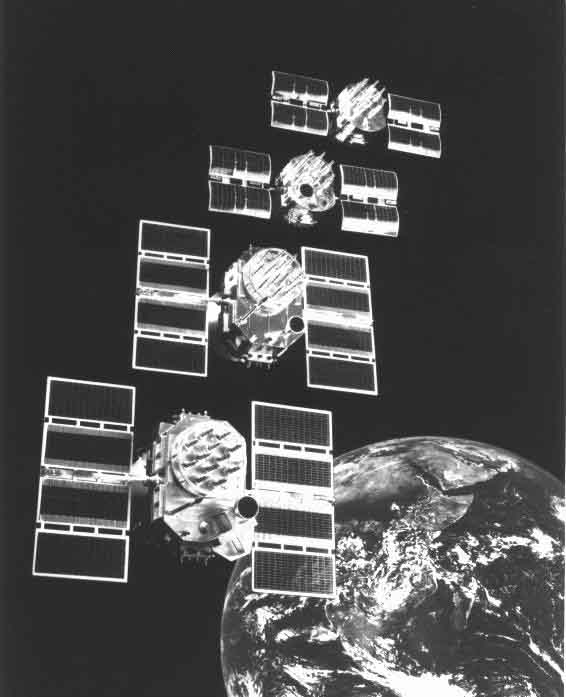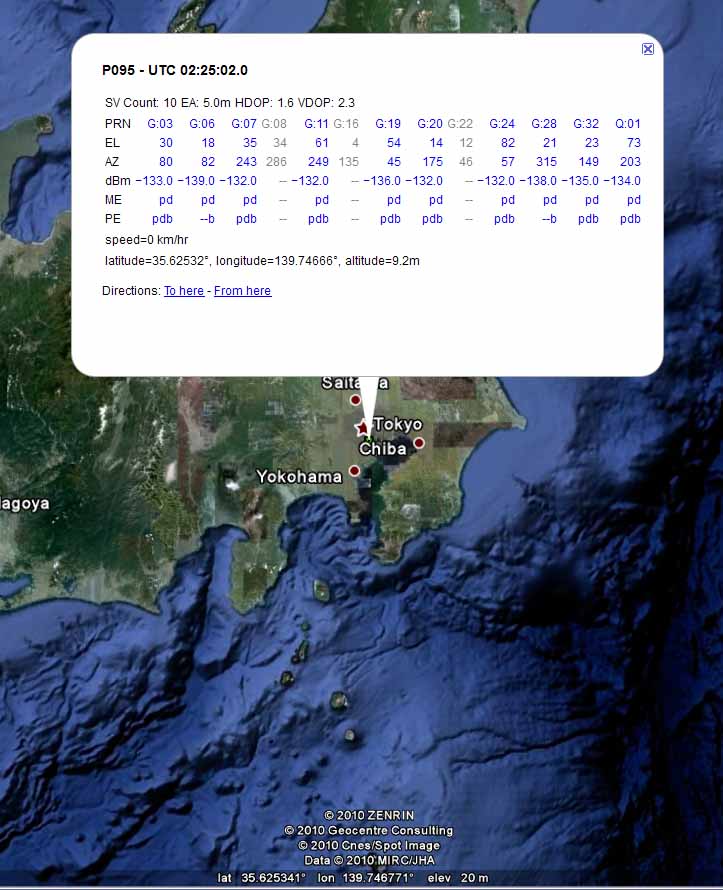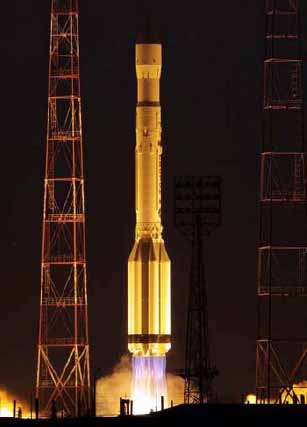Russia’s First GLONASS-K In Orbit, CDMA Signals Coming
The first new-generation satellite GLONASS-K of the GLONASS navigation system has reached its targeted orbit, the Russian Federal Space Agency (Roscosmos) announced today (February 26, 2011).
The Soyuz-2.1b rocket lifted off from Plesetsk cosmodrome at 6:07 a.m. (Moscow time) this morning. The GLONASS-K spacecraft was carried into its planned orbit by a Fregat booster at 9:41 a.m. Moscow time, according to Roscosmos public affairs office, which reported that the satellite separated from the booster as planned.
By Inside GNSS


